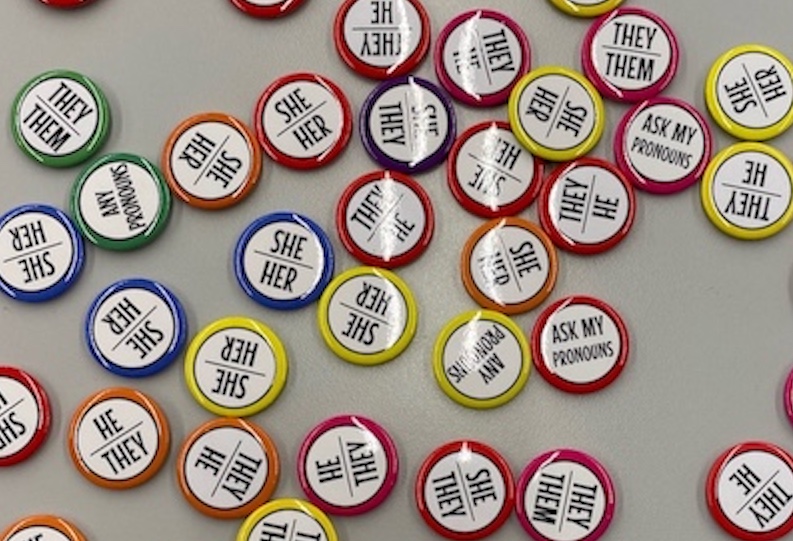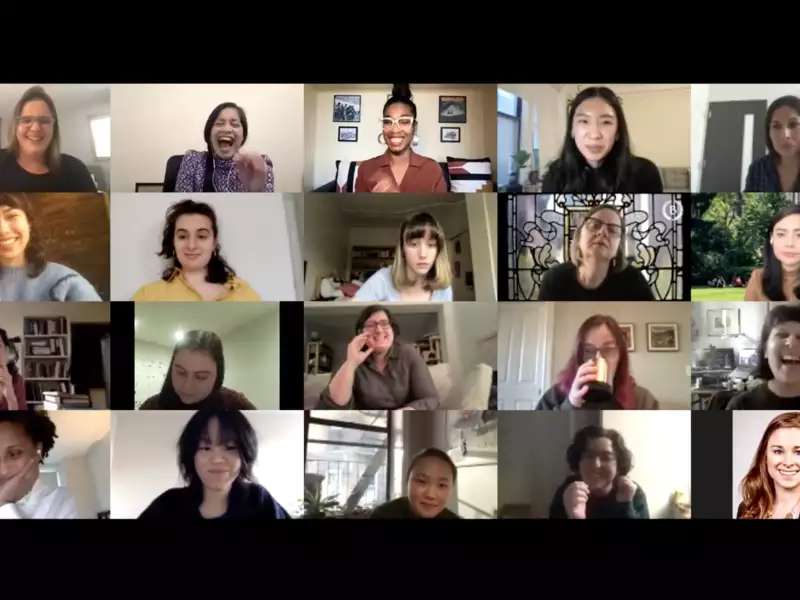On March 31, community members attended the fifth installment of the Barnard Bold Conference. Notably, the conference took place on Transgender Day of Visibility to support the College’s commitment to inclusion for transgender students and members of the community.
The Bold Conference facilitates conversations between Barnard staff, faculty, and students and is designed to strengthen teaching and learning by focusing on pedagogical themes and topics that are timely and important to the college community. The conference is hosted annually by staff from the Center for Engaged Pedagogy (CEP) and the Student Advisory Committee, led this year by CEP graduate assistant Annabelle Tseng GSAS ’25 and CEP student intern Catherine Parkin ’23.
Shreya Sunderram ’19, who launched the conference in 2018, sat in conversation with Thea Abu El-Haj, professor of education and director of the Education Program, and María Rivera Maulucci, Barnard’s Ann Whitney Olin Professor of Education. Together, they explored their understanding of what inclusive pedagogy means, reflected on the history of Bold, and discussed how to go forward with creating inclusive classrooms in both K-12 and higher education spaces.
“The fifth anniversary of the Barnard Bold Conference is a moment of reflection and celebration,” said Melissa Wright, the interim executive director of the CEP. “We reflect on the legacy of Bold as a student-led conference and grassroots effort to bring faculty, students, and staff together to discuss emergent and challenging topics, and we celebrate our ongoing commitment to courageous conversations about teaching and learning.”
Resources around gender, identity, and sexuality available to students can be found here.

